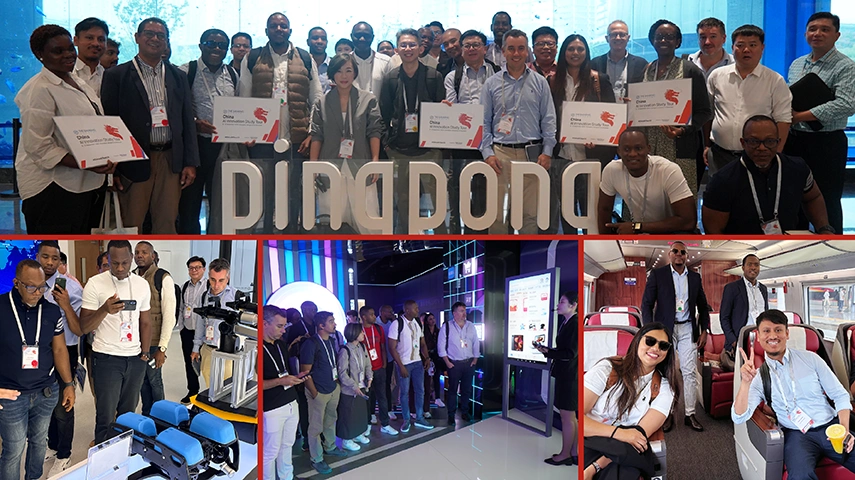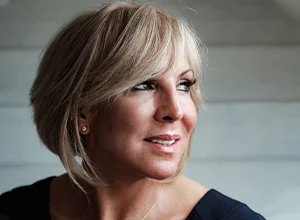- Didi’s $4.4 billion IPO is the second largest US listing by a Chinese company since 2010
- The regulations for the listing of Chinese companies on the US stock exchanges have been tightened
- Chinese regulators have heightened regulatory scrutiny of tech companies and will tighten rules on overseas listings
Among the top ten largest IPOs by Chinese companies on the US stock exchanges since 2010, five have taken place during the past year. Lufax, KE Holdings (Beike) and Xpeng were listed in the US in August 2020 and Full Truck Alliance and Didi Global went public in June 2021. In 2014, Alibaba Group raised $21.8 billion on the first day and garnered $25 billion after exercising the green-shoe option, making it the largest IPO of all time in the US. The top ten list includes four IPOs from companies in the consumer discretionary sector, three from the industries sector and one each from financials, communication services and real estate.
In the first half of 2021, the US saw an increase in IPO activity by Chinese companies, despite the tensions between the two countries and Washington's threat to delist companies that do not comply with US accounting rules. This was fuelled by abundant liquidity and low interest rates. There were 248 Chinese companies listed on major US stock exchanges as of 5 May 2021, up from 217 companies on 2 October 2020, according to the US-China Economic and Security Review Commission.

Didi's IPO on 30 June 2021 and Full Truck Alliance’s IPO on 22 June 2021 have come at a time when the US has been tightening the regulations for the listing of Chinese companies on the US stock exchanges, while Chinese regulators have also intensified the antitrust campaign. Didi raised $4.4 billion that valued the company at $68 billion. It was founded in 2012 and has launched operations in 14 countries outside China. In its IPO prospectus, Didi stated that it provides services to over 493 million annual active riders and its global average daily transactions was 41 million in the 12 months ending on 31 March 2021. Full Truck Alliance operates a truck-sharing app and was formed in 2017 from a merger between China’s two largest truck-sharing platforms — Huochebang and Yunmanman.
In December 2020, the Holding Foreign Companies Accountable Act was signed into law by former US President Donald Trump, which forced US exchanges to delist foreign companies that do not comply with the US auditing rules for three years in a row. It also requires companies to prove to the US Securities and Exchange Commission (SEC) they are not owned or controlled by an entity of a foreign government and to name any board members who are Chinese Communist Party officials. On 22 June 2021, the US Senate passed the Accelerating Holding Foreign Companies Accountable Act which requires foreign companies to meet the auditing standards within two consecutive years instead of three.
Trump also issued an executive order in November 2020 barring US investors from buying securities of alleged Chinese military-controlled companies. The New York Stock Exchange (NYSE) delisted three Chinese telecommunications companies in May 2021 due to their alleged links to China’s military. China Mobile and China Telecom announced plans for a listing on the Shanghai Stock Exchange.
In China, many large tech companies are under tighter scrutiny. In April 2021, in addition to the $2.75 billion antitrust fine on Alibaba, 34 other companies were warned to rectify any anti-competitive measures. Didi warned potential investors of the risks related to the antitrust investigation in its IPO prospectus. China’s market regulator started an antitrust investigation into Didi on 16 June. Two days after Didi’s US IPO, a cybersecurity review was launched into the company. On 4 July, China’s cyber security regulator banned Didi Chuxing from app stores in China, due to its violation of laws on collecting and using personal information. On 5 July, the regulator also initiated a cybersecurity review into Full Truck Alliance.
The tightening regulations make IPO environment more challenging. More US-listed Chinese companies are expected to secure a secondary listing in Hong Kong or China. Meanwhile, in its brief statement on 6 July, China’s State Council announced that rules for overseas listings will be revised. If the IPO environment continues to deteriorate, the IPO activity by Chinese companies in the US will be affected.

































